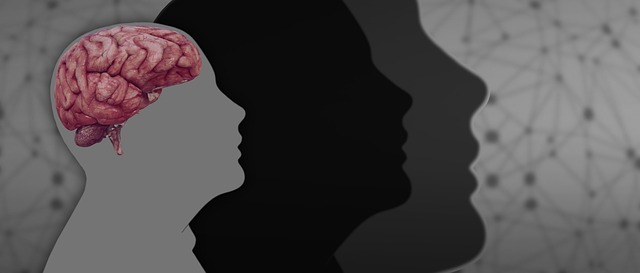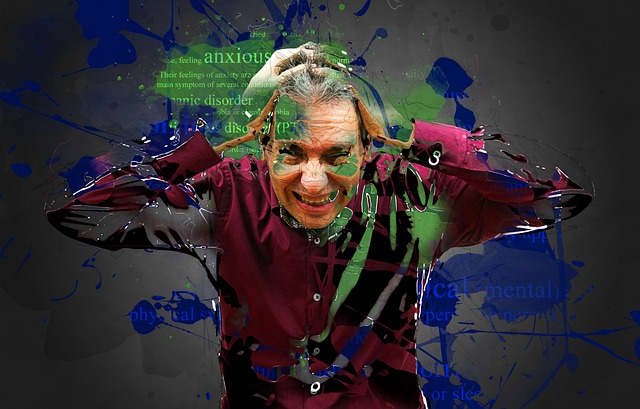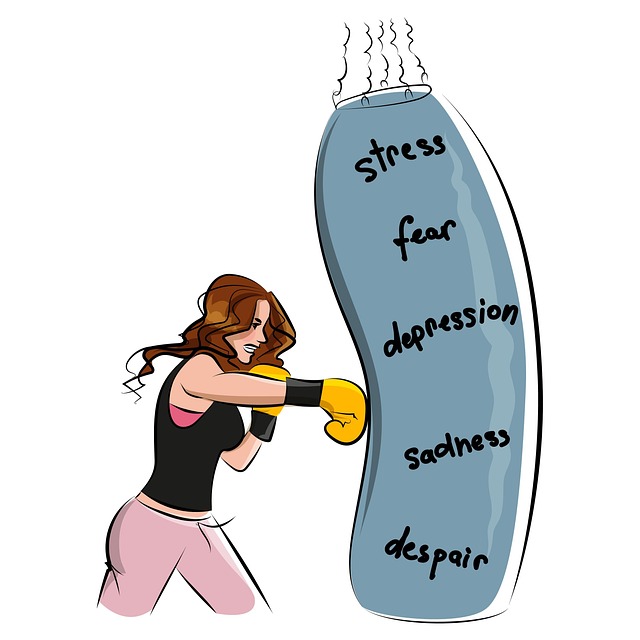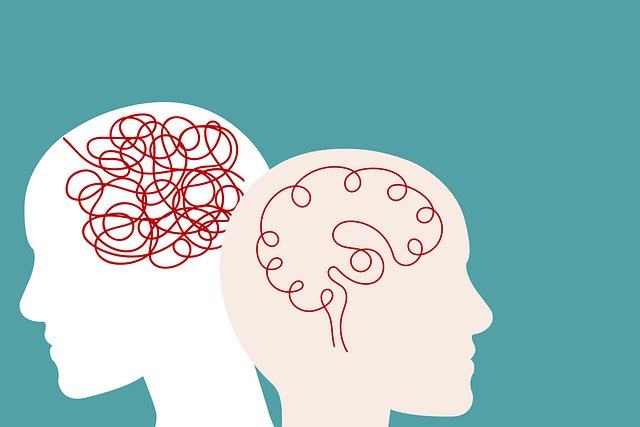Mental wellness self-assessment tools, integrating mindfulness, emotional regulation and tracking moods, empower individuals to navigate major life transitions like career shifts or relocations. These tools provide valuable insights guiding therapy decisions, fostering resilience, and enhancing self-awareness. By combining social skills training, mental health education, and journaling exercises with compassion cultivation and positive thinking, individuals can proactively manage stressors and build mental resilience throughout life's stages. Regular emotional well-being evaluations are key to long-term mental health and resilience, especially during significant life changes, benefiting both clients and therapists in their journeys towards Therapy for Major Life Transitions.
Mental wellness self-assessment tools have emerged as powerful resources, empowering individuals to take charge of their mental health. This article explores the development and significance of these tools, focusing on their role in understanding and navigating major life transitions. We delve into strategies for creating effective assessments tailored to different age groups and life stages, emphasizing the importance of integrating self-assessment into daily routines for long-term mental well-being. By embracing these tools, individuals can proactively manage stress and promote resilience during significant changes.
- Understanding Mental Wellness Self-Assessment Tools
- The Role of Therapy in Major Life Transitions
- Developing Effective Assessment Tools for Different Life Stages
- Integrating Self-Assessment into Daily Routines for Long-term Mental Health
Understanding Mental Wellness Self-Assessment Tools

Mental wellness self-assessment tools play a pivotal role in empowering individuals to take charge of their mental health and well-being. These tools are designed to help people gain insights into their emotional states, thought patterns, and behaviors, facilitating early identification of potential issues. By understanding one’s mental wellness, individuals can proactively seek support or implement coping skills development strategies suitable for managing stress and challenges associated with major life transitions.
Self-assessment tools often incorporate practices like mindfulness meditation and emotional regulation techniques to enhance self-awareness. They enable folks to track their moods, anxieties, and other psychological indicators over time. Armed with these insights, individuals can better navigate life’s complexities and cultivate resilience. Moreover, these assessments can serve as valuable resources for those seeking therapy for major life transitions, guiding them towards making informed decisions about their mental health journeys.
The Role of Therapy in Major Life Transitions

Major life transitions can be both exciting and challenging, often causing a rollercoaster of emotions. Therapy plays a pivotal role in guiding individuals through these transformations, helping them navigate uncharted territories with resilience and self-awareness. It provides a safe space to process complex feelings, fostering an understanding of one’s triggers and coping mechanisms. For instance, therapy can be instrumental during significant changes like career shifts, relocating, or dealing with life-altering events such as the birth of a child or grief.
Social Skills Training and Mental Health Education Programs Design are valuable tools within therapeutic practices, empowering individuals to build supportive networks and adapt to new circumstances. Additionally, encouraging clients to incorporate Mental Wellness Journaling Exercise Guidance into their routines can offer insights into their emotional state, promote self-reflection, and enhance overall mental wellness during these transitional periods.
Developing Effective Assessment Tools for Different Life Stages

As individuals navigate different life stages, their mental wellness needs can vary significantly. Developing effective self-assessment tools that cater to these changes is crucial for identifying and addressing unique challenges. For instance, a young adult transitioning into higher education might benefit from assessments focused on stress management and time management skills, while a midlife individual could require tools to foster resilience in the face of career shifts or family changes. These tools should be adaptable to various life transitions, offering tailored strategies for therapy and personal growth.
Integrating practices like compassion cultivation can enhance these assessments by promoting self-compassion during difficult transitions. Encouraging positive thinking and self-esteem improvement techniques within the assessment framework enables individuals to build mental resilience. By considering different life stages and incorporating evidence-based strategies, these tools can effectively support people’s mental wellness journeys throughout their lives, ensuring they receive relevant guidance and support at every turn.
Integrating Self-Assessment into Daily Routines for Long-term Mental Health

Integrating self-assessment into daily routines can significantly contribute to long-term mental health and resilience, especially during major life transitions. Regularly evaluating one’s emotional well-being allows individuals to identify potential stressors or triggers early on, enabling them to implement coping strategies proactively. This proactive approach not only enhances overall Mental Health Awareness but also fosters self-care habits that are crucial for navigating challenging periods with more ease.
For mental health professionals, incorporating risk assessment and risk management planning into daily practices is vital. By regularly monitoring their own well-being, professionals can better manage potential risks, prevent burnout, and maintain the quality of care they provide to clients experiencing life transitions. This practice supports a holistic approach to therapy, ensuring that both the helper and the client are supported in their journeys towards mental wellness.
Mental wellness self-assessment tools play a pivotal role in fostering individual well-being, especially during major life transitions. By understanding and evaluating our mental health proactively, we can better manage stress and challenges that arise at various stages of life. The development of effective assessment tools tailored to different age groups ensures accessibility and encourages regular check-ins with one’s mental state. Integrating self-assessment into daily routines enables individuals to cultivate resilience and seek appropriate therapy for major life transitions, ultimately contributing to improved long-term mental health outcomes.














